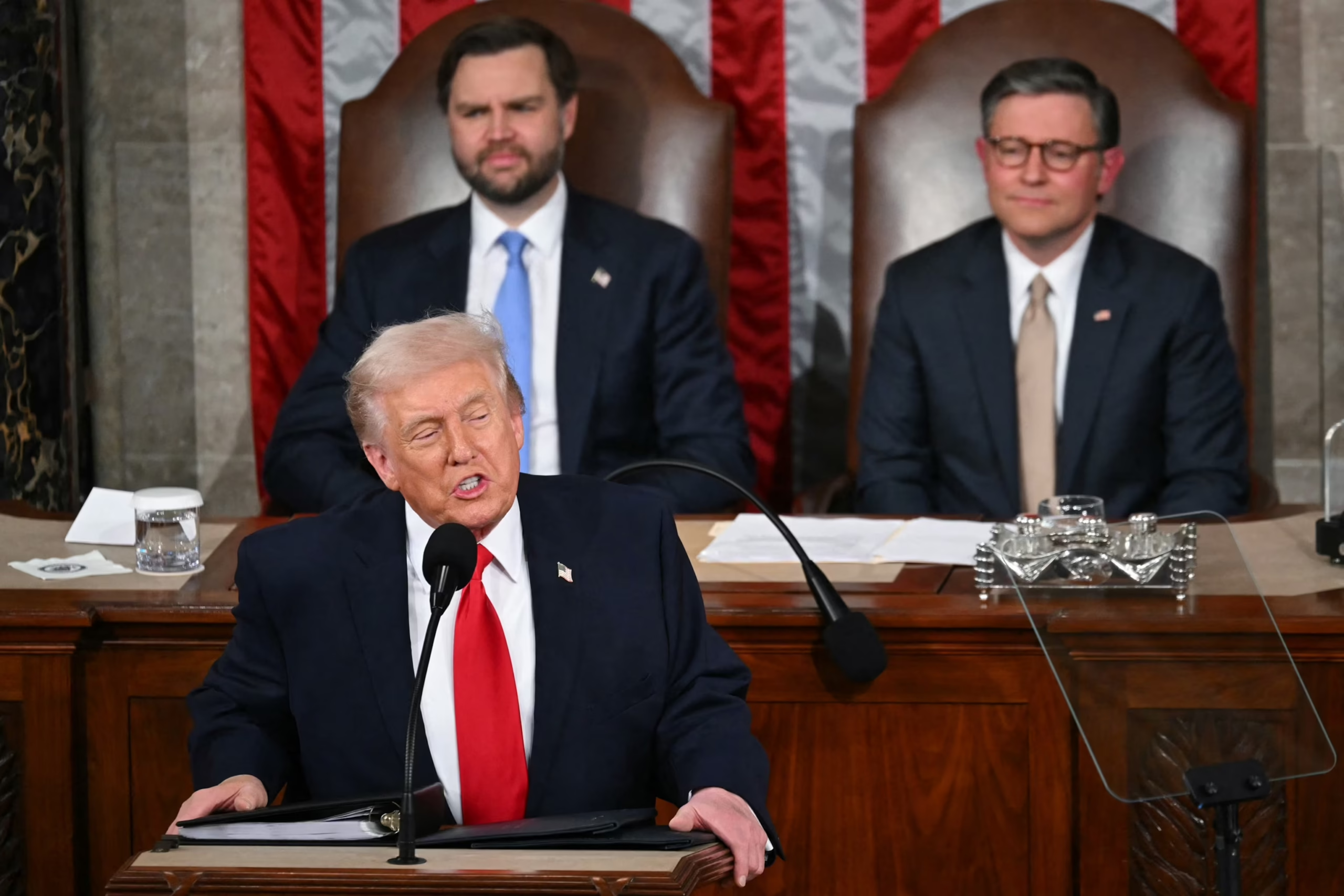Via: http://www.cavalierdaily.com/article/2017/10/bharadwaj-climate-science-has-become-non-popperian
Climate science has become non-Popperian
It is healthy to have a bit of skepticism about climate change data

According to Karl Popper (above), one of the most influential philosophers of science in the past millennium, “In so far as a scientific statement speaks about reality, it must be falsifiable; and in so far as it is not falsifiable, it does not speak about reality.”
Courtesy Wikimedia Commons | Courtesy Wikimedia Commons
In context, the field of astrology — the study of the divine effect of the positions of celestial bodies on our lives — is pseudoscience because it violates this rule. No matter what patterns the stars and planets might be exhibiting on any given day, those movements are interpreted to be influencing what is happening in our lives. There is no course of events that could transpire that would lead astrologists to believe that their horoscope predictions were incorrect. As a result, astrology, numerology and other pseudo-scientific fields are considered to be non-Popperian.
Similarly, it seems like any and all atmospheric occurrences are attributed to climate change — in part because its definition has become so broad. There is no combination of weather patterns that would cause climate change devotees to doubt their gospel. By contrast, even theories that are deeply ingrained in the fabric of our society, such as gravitation or evolution, are still capable of being disproven with counterexamples. It is for this reason that they are regarded as theories and not axioms. Climate change, on the other hand, has no counterexamples since every weather pattern is seen as a byproduct, therefore making it essentially pseudoscience.
Returning to the topic of tropical hurricanes, the rate of these aquatic twisters has not significantly increased over time, and similar data can be found for other natural disasters supposedly caused by climate change. This raises the question — why are articles and scientific studies constantly being churned out that suggest correlations between climate change and these natural phenomena, even when none exist? I believe the reason lies in the politicization of global warming over the past decades, as climate change has become a focal point of certain political parties.
Climate change fear mongering and sensationalism following natural disasters has proven to be lucrative in terms of political capital, and is thus being done more and more by politicians. A concomitant of this politicization is the increased popularity of climate science in the public, which causes a surge in the monetary incentives for scientists to create these studies. As a result, modern day climate science has incredible amounts of data tampering, as referenced by a variety of recent examples. Naturally, when financial benefit or political gain becomes the goal of research, as opposed to the expansion of science, the field becomes bastardized, with the politicization of science in the Soviet Union serving as a historical precedent.
That being said, there is still an irrefutable connection between the level of carbon dioxide in our atmosphere and the temperature of our planet, and I believe this should be made the focus of the environmentalist movement once again. Instead of deriding and silencing skeptics, we should all have a healthy bit of skepticism whenever we read an inane “scientific” justification for some natural phenomenon. Questioning widely-held beliefs is the very foundation of science as we know it, and the dismissal of skepticism is counter to this ideology. If we want the progression of actual climate science, we must learn to discern the distinction between the science and the politics, and reject non-Popperian fear mongering.
Milan Bharadwaj is a Viewpoint writer for The Cavalier Daily. He can be reached at [email protected].


